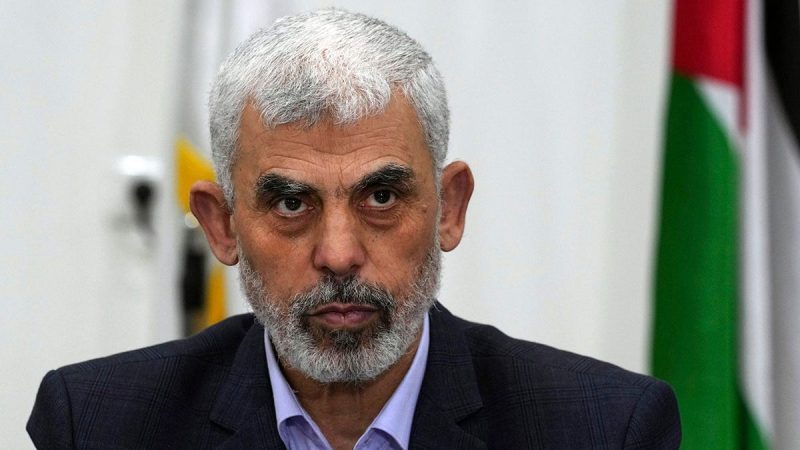In light of recent events surrounding Hamas and the appointment of Yahya Sinwar as its new leader, it is crucial to delve into the impact of this decision on the political landscape of the region. Sinwar’s background as a former Hamas military leader and his involvement in the planning of attacks against Israel position him as a controversial figure in the eyes of many.
One key aspect to consider is the potential shift in Hamas’s strategic approach under Sinwar’s leadership. His militant background suggests a hardline stance towards Israel, which may escalate tensions in an already volatile region. The choice of Sinwar as the new leader could signal Hamas’s intention to adopt a more aggressive stance in response to recent developments in the Israeli-Palestinian conflict.
Moreover, Sinwar’s appointment highlights the internal dynamics within Hamas and the power struggles that exist within the organization. The selection of a military leader as the new chief signifies a prioritization of military tactics and confrontational strategies over diplomatic negotiations. This raises concerns about the prospects for peaceful resolutions to the conflict and the potential for further violence in the region.
Another important consideration is the implications of Sinwar’s leadership on Hamas’s relations with other regional and international actors. Given his history of involvement in attacks against Israel, it is likely that Sinwar’s leadership will strain relations with key stakeholders such as the United States and European Union. This could have far-reaching consequences for Hamas’s legitimacy and influence on the world stage.
Furthermore, Sinwar’s leadership may impact the internal cohesion of Hamas and its relationship with other Palestinian factions. The appointment of a military figure as the new leader could lead to divisions within the organization between those who support a more aggressive approach and those who advocate for diplomacy. This internal strife could weaken Hamas’s ability to effectively pursue its objectives and may hinder its ability to represent the Palestinian people cohesively.
In conclusion, the appointment of Yahya Sinwar as the new leader of Hamas carries significant implications for the organization, the Israeli-Palestinian conflict, and regional dynamics. His militant background and role in planning attacks against Israel suggest a more confrontational approach towards the conflict, which could escalate tensions and hinder prospects for peace. The internal and external repercussions of his leadership underscore the complexities and challenges of navigating the intricacies of the Middle East conflict.

